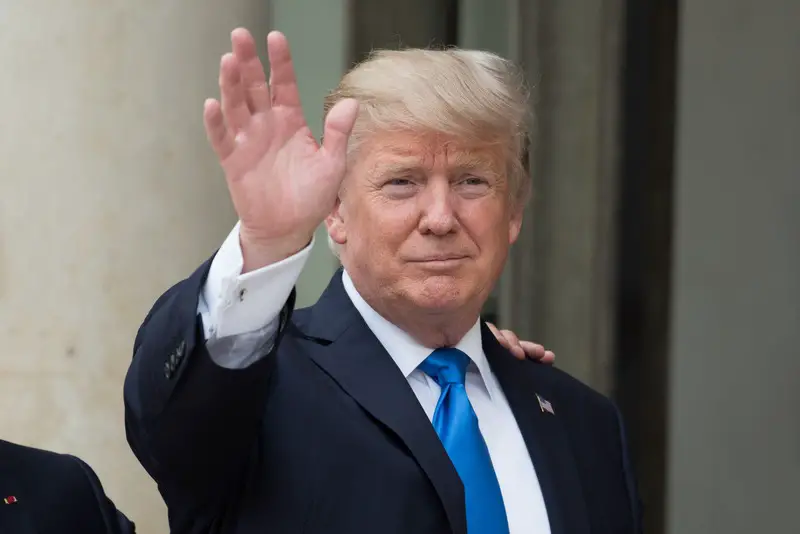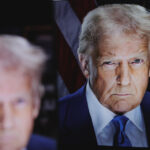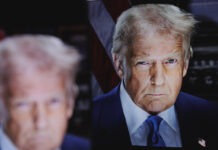Former Secret Service Director Kimberly Cheatle issued a forceful rebuttal Sunday, July 13, against accusations from Senator Rand Paul that she provided misleading testimony to Congress about security resources for President Donald Trump’s Butler, Pennsylvania, rally where an assassination attempt occurred on July 13, 2024.
Cheatle, through her attorney, categorically denied Paul’s allegations and defended her previous congressional testimony. She emphasized that she specifically directed additional security assets to be provided for the Butler rally, particularly counter-snipers. Her statement described any assertion that she provided misleading testimony as patently false and noted it does a disservice to Secret Service personnel who have been unfairly disciplined for what she characterized as a team failure rather than individual failures.
Senator Paul, chairman of the Senate Homeland Security and Governmental Affairs Committee, released a comprehensive report on the one-year anniversary of the assassination attempt that concluded the Secret Service denied or left unfulfilled multiple requests for additional resources. His investigation, which included 17 interviews with Secret Service members and a review of thousands of documents, identified at least two specific instances where assets were denied for the Butler event.
The Kentucky senator’s report detailed that requests for additional Counter-Unmanned Aircraft Systems, used to counter drones, went unfulfilled due to a lack of manpower. Additionally, the Secret Service did not provide a Counter Assault Team liaison to coordinate between its operations and local law enforcement. Paul’s investigation found at least 10 major resource requests from Trump’s team during the 2024 campaign cycle that were either denied or unfulfilled.
During a CBS News “Face the Nation” appearance Sunday, Paul stated that Cheatle “did not tell the truth” when she testified to the House Oversight Committee nine days after the assassination attempt. He specifically highlighted that counter-snipers were denied until Butler, making that event the first time Trump was provided with such security assets.
Cheatle maintained that her testimony was based on information provided by personnel from Secret Service headquarters and current Director Sean Curran, who led Trump’s detail at the time. She acknowledged that mistakes were made and reform is needed while expressing awareness of congressional criticism. The former director also paid tribute to families impacted by the shooting, noting that the tragedy remains a profound event that deeply affected the nation.
Multiple investigations have revealed significant security failures surrounding the assassination attempt. A 20-year-old gunman, Thomas Matthew Crooks, was able to access a rooftop with a clear line of sight to Trump’s speaking position, located just 135 meters away. The building was left unguarded despite the obvious security risk it presented. Crooks fired eight shots with an AR-style rifle before being killed by a Secret Service counter-sniper.
The attack resulted in one fatality, rally attendee Corey Comperatore, and wounded two others. Trump sustained a graze wound to his ear. Investigations revealed fragmented communications between the Secret Service and local law enforcement, with two separate command posts instead of unified coordination. The incident involved what investigators described as a chaotic mixture of radio, cell phone, text, and email communications.
A Government Accountability Office report commissioned by Senator Chuck Grassley revealed that Secret Service officials knew of a specific threat to Trump in the days leading up to the rally. However, this information was not shared with agents or local law enforcement planning the event due to what the report characterized as siloed information-sharing practices within the agency.
The Secret Service has implemented disciplinary measures in response to the security failures. Six personnel received suspensions ranging from 10 to 42 days without pay or benefits. Deputy Director Matt Quinn defended the agency’s decision not to dismiss anyone, stating they would not fire their way out of the crisis but would focus on addressing the root causes of the operational failures.
Under new Director Sean Curran, the agency has implemented 21 of 46 recommendations made by congressional oversight bodies. Changes include new equipment such as military-grade drones, mobile command posts for improved communication with local law enforcement, and the creation of an Aviation Division to oversee aerial operations. The agency has also revised procedures for documenting line-of-sight concerns and clarified responsibilities for events involving protectees.
Cheatle resigned as Secret Service director the day after her House Oversight Committee testimony. Acting Director Ronald Rowe temporarily replaced her before Trump appointed Curran to lead the agency following his return to office in January. The assassination attempt became a pivotal moment in the 2024 presidential race, with the image of Trump raising his fist after the shooting becoming an iconic political symbol.











